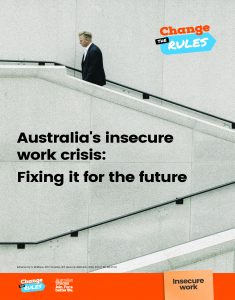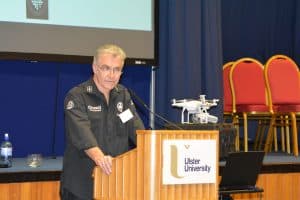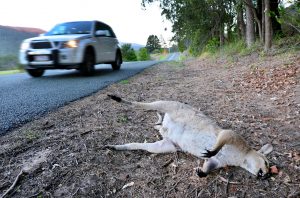 SafetyAtWorkBlog will be reporting from the biennial Congress of the Australian Council of Trade Unions. For the first time Trade unions have been pivotal for the creation and enforcement of occupational health and safety (OHS) around the world.
SafetyAtWorkBlog will be reporting from the biennial Congress of the Australian Council of Trade Unions. For the first time Trade unions have been pivotal for the creation and enforcement of occupational health and safety (OHS) around the world.
Most of the past reporting on these events in mainstream media has focused on politics and industrial relations. OHS tends to get overlooked so SafetyAtWorkBlog’s attendance will be important.
Articles from the Congress will be available only to Subscribers. Continue reading “Exclusive reports from the 2018 ACTU Congress”

 Several of the articles in the Safety At Work special edition on Industrial Manslaughter mentioned in
Several of the articles in the Safety At Work special edition on Industrial Manslaughter mentioned in  Data about occupational health and safety (OHS) and work-related psychosocial injuries has often been described as being hard to find. In some ways it is not necessarily hard to find but difficult to access. An untapped source of data is the records of illness and leave taken that is usually held by the Human Resources (HR) departments, often named “People and Culture”or some variant. This type of data could be invaluable in determining a workplace psychological profile, if the HR departments would trust OHS professionals more, or release this data in a format that would allow OHS professionals to assess risks while maintaining employees’ privacy.
Data about occupational health and safety (OHS) and work-related psychosocial injuries has often been described as being hard to find. In some ways it is not necessarily hard to find but difficult to access. An untapped source of data is the records of illness and leave taken that is usually held by the Human Resources (HR) departments, often named “People and Culture”or some variant. This type of data could be invaluable in determining a workplace psychological profile, if the HR departments would trust OHS professionals more, or release this data in a format that would allow OHS professionals to assess risks while maintaining employees’ privacy.


